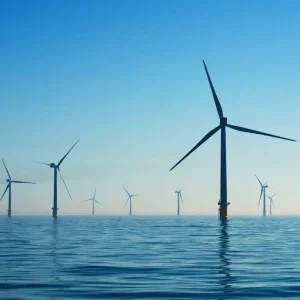The UK government has launched a new long-term plan ‘to deal permanently with the country’s radioactive waste’. It follows a consultation on improving the process of finding a site to host a Geological Disposal Facility (GDF), which would safely isolate radioactive waste deep underground and inside multiple barriers to provide protection over hundreds of thousands of years.
Building a GDF will help to permanently deal with waste from decades of generating electricity from nuclear power, but it will also support the development of new nuclear electricity generation in the UK by ensuring that there is a modern facility for permanently disposing of waste.
Based on feedback DECC (Department of Energy & Climate Change) has created what it believes is a new and improved plan for working with communities to identify a site for a GDF. Over the next two years the government will work with experts and the public to give greater clarity on issues such as national geological screening, the planning process and the environmental impacts. It will also look at how communities will be represented and what further investment they can expect to see if they choose to host a GDF.
Energy and Climate Change secretary Ed Davey said: "Geological disposal provides the secure, long-term solution we need to deal with the radioactive waste we have been creating for more than 60 years, and we can learn from the experiences of other countries who are also doing this. Building and running a GDF will be a multi-billion pound infrastructure project, which will bring significant economic benefits to a community."
The local community which hosts a facility will, he said, benefit from jobs for hundreds of people over many decades, and bolster local service industries. The local area will also receive significant direct investment for the benefit of the community.
Currently, radioactive waste from a range of sources including power generation, industry, medicine and R&D, is stored temporarily at secure nuclear sites across the country. Several countries including Finland, Sweden and Canada already have permanent storage sites.






